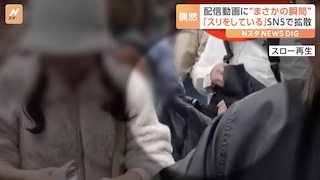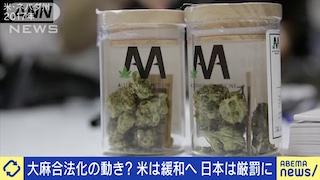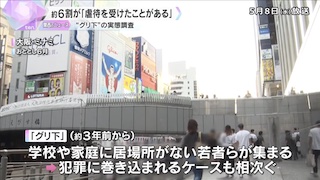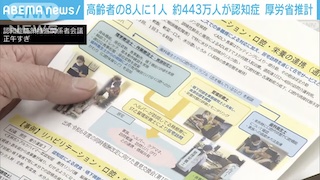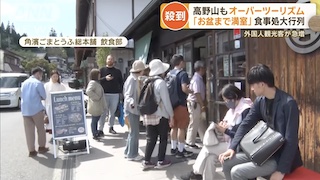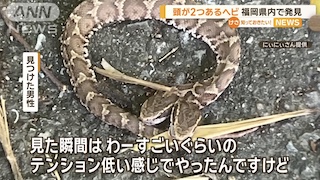Jun 07 (Japan Times) - Just over a week before a new law for minpaku (private lodging services) goes into effect, the popular rental website Airbnb has dropped nearly 80 percent of its listings for the services over the past three months.
As of March, Airbnb, Inc. had over 62,000 properties in the country available for rental. But according to Hollywis LLC, a Kanagawa-based research firm that analyzes the minpaku sector, that number has dropped to 13,800 as operators get ready for the law that will govern their services, and which will go into effect on June 15. Many properties listed on Airbnb were suspected of operating illegally or semilegally.
On its website, Airbnb informed homeowners that it would not display their listings until they showed they had official permission to operate. When owners show they are in compliance with the new law, their rooms will be posted on the website again.
The large drop in the number of Airbnb listings comes amidst national efforts to crack down on illegal private lodgings and local efforts to place tougher restrictions on how, when and where legal facilities may operate.
The new law requires that homeowners register their rental properties with the local government, which will conduct fire and safety checks before issuing approval. On June 1, the Japan Tourism Agency sent a notice requesting that minpaku operators cancel reservations with facilities that were unregistered.
"We think the reason for the large decline was because of the June 1 notice," said Konosuke Tamura, CEO of Hollywis
Homeowners will only be allowed to rent out their rooms for a maximum of 180 days a year, and they must also keep a guest registry. Illegal minpaku operators face a fine of up to ¥1 million if caught, where the previous fine was not more than ¥30,000.
Local governments may also place their own restrictions on minpaku operations, and many already have. In Kyoto, supervisors for rooms and facilities run by someone other than the owner must live within 800 meters of the buildings.


